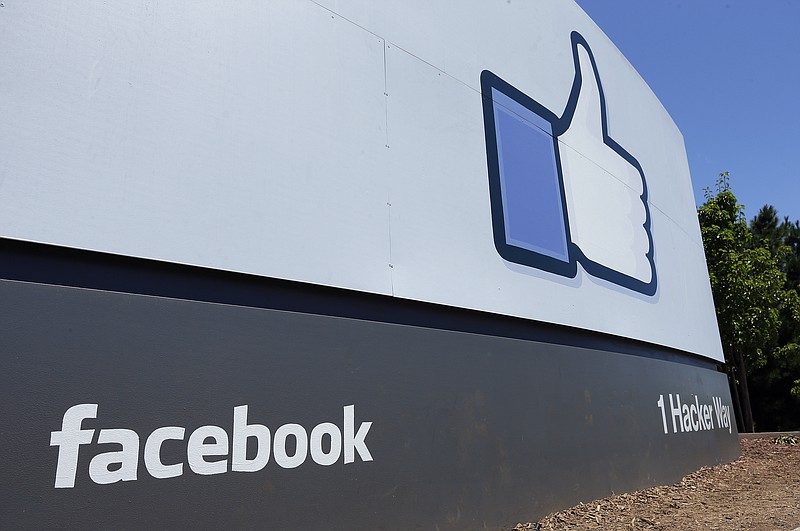What a shock: President Donald Trump says the Facebook accounts tied to Russia's Kremlin and pushing out fake news to sway 2016 voters away from Hillary Clinton to elect him is "a hoax."
"The Russia hoax continues, now it's ads on Facebook," Trump wrote on Twitter, "What about the totally biased and dishonest Media coverage in favor of Crooked Hillary?"
It's just another Trump circus trick. He's crying, "look over there," at media bias, "not over here," at mounting evidence that Russia meddled with American voters in his favor.
Facebook CEO Mark Zuckerberg, however, says Facebook has pinpointed thousands of ads purchased by Russian sources ahead of Trump's Election Day win and turned details of those ads over to special counsel Robert Mueller, the former FBI director who is leading the U.S. government's probe into Russian interference in our election. Zuckerberg also said he has given the information to House and Senate lawmakers investigating the matter.
The real question is what took Zuckerberg so long to own up to what many Americans watching the internet and Facebook could rather plainly see even during the election season. A fake story claiming Pope Francis endorsed Trump was shared on Facebook almost a million times, visible to tens of millions. Its correction on Snopes had to be deliberately googled, and thus was barely heard.
There is a hoax, all right. But not the one Trump's selling.
Members of Congress now say they plan to grill other tech giants, including Twitter, to find out how their platforms might have been co-opted during the 2016 presidential race.
A day late, some rubles stuffed in tech pockets and an election stolen.
